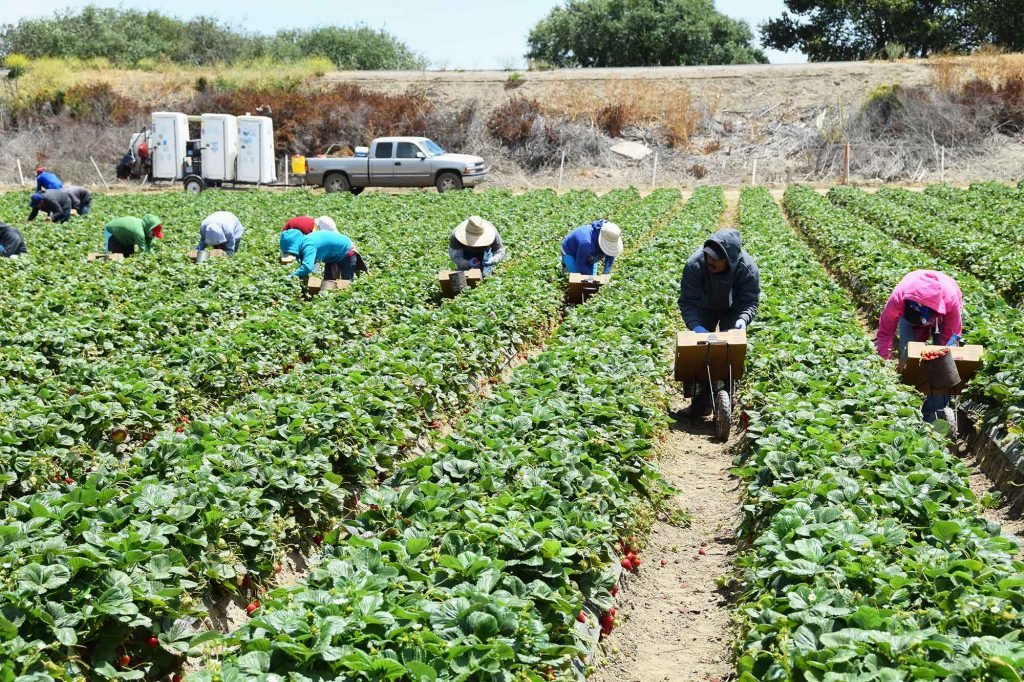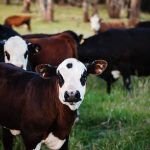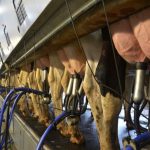
However, two ag groups have presented solutions to the problem this week at a Senate Judiciary Committee.
The U.S. pork production is a year-round effort, requiring a hardworking and dedicated workforce on farms and in processing plants. Pork producers offer jobs with good pay and benefits, but most Americans do not live near hog farms or harvest facilities and rural populations continue to decline, causing the U.S. pork industry to be largely dependent on foreign-born workers.
National Pork Producers Council (NPPC) President Jen Sorenson said, “Current visa programs designed for seasonal agriculture — such as the H-2A visa — fail to meet the workforce needs of U.S. pork producers and other year-round livestock farmers. Now more than ever, we need a dedicated, year-round workforce.” If not addressed, the labor shortage, “could lead to farms and packing plants shutting down, causing serious financial harm to the communities in which they operate. As a result, pork production would be constrained, leading to higher food prices for consumers and the United States becoming an unreliable trading partner for the many countries around the world that rely on our pork,” she noted.
To address the labor shortage, NPPC is advocating for year-round access to the H-2A visa program without a cap. Legislation passed earlier this year in the U.S. House would offer a capped number of year-round visas. “While NPPC believes the bill is a step in the right direction, a cap will force different sectors of livestock agriculture to compete against one another for the same limited number of year-round visas. In that scenario, no one wins and, ultimately, the consumer will be punished with reduced pork supplies and higher prices at the store,” Sorenson explained.
In addition to the pork industry, the dairy industry is also invested in the importance of immigrant farmworkers to our nation’s food supply and rural communities. National Milk Producers Federation (NMPF) President and CEO Jim Mulhern said, “Immigrant employees are vital to the dairy industry, with an estimated 79% of the U.S. milk supply produced on farms that employ immigrant workers. Dairy farmers know firsthand of dedicated and skilled teams that are led by and include immigrants; most producers also can speak to the challenges farms and rural communities face due to uncertainty surrounding the farm workforce.
NMPF would like to address two areas of reform that are essential to solve America’s ag labor crisis. “First: We must provide an earned legal protection for our current workers and their families. Second: We must reform the agricultural guestworker visa program so dairy and other year-round industries can use it to supplement the domestic workforce when needed.”
Mulhern points out that dairy farmers currently cannot use the H-2A guestworker program because they produce milk year-round. “Providing an earned legal protection for current workers is crucial, but it narrowly addresses only one aspect of the crisis. We must also reform the ag labor system so dairy farmers can hire legal guestworkers and do not remain trapped in a still-broken ag labor system moving forward. Both features must be present in any real solution.”

























